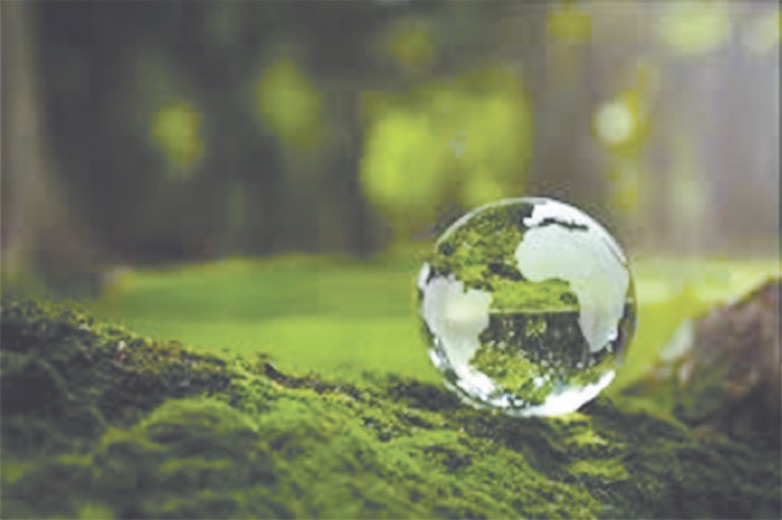By Ameh G Gideon
What is Biodiversity?
Biodiversity, or biological diversity, refers to the variety of life on earth. This includes plants, animals, microorganisms, their genetic makeup, and the ecosystems (terrestrial, freshwater, and marine) where they exist. This diversity is the foundation of life and underpins the health of the planet and all who inhabit it.
Why Do We Need Biodiversity?
Biodiversity sustains us in countless ways. It provides medicines, food, clean air and water, fertile soils, and climate regulation. Many of our most vital drugs for instance artemisinin, a life-saving treatment for malaria derived from Artemisia annua (a plant) comes directly from nature.
Nature also acts as a genetic “bank,” offering traits that scientists use to improve crop resilience to pests, diseases, and climate change. This helps secure food for a growing population. More broadly, all the Sustainable Development Goals (SDGs) depend directly or indirectly on biodiversity: without healthy ecosystems, there can be no food security, public health, or sustainable economic growth.
Who is Responsible for Conserving Biodiversity?
The duty of protecting biodiversity belongs to everyone. During an outreach event, a farmer once asked, “Your birds are eating our crops so why should we care about conserving them?” This question reflects a common perception that conservation is a luxury or a foreign (“Oyinbo”) concern. But biodiversity is a shared heritage: the loss of species, forests, or ecosystems affects all humanity. The COVID-19 pandemic reminded us how environmental disruption can ripple globally, sparing no one. Conservation is not optional but rather a collective responsibility.
Environmental Destruction and Human Health
The link between environmental health and human health is undeniable. In the last two decades, the world has faced an alarming rise in emerging and re-emerging infectious diseases, many of which are zoonotic (transmitted between animals and humans).
Deforestation, habitat destruction, and the wildlife trade increase contact between humans and wild animals, bringing us closer to the pathogens they carry. For example, consumption of bushmeat has been linked to outbreaks of Ebola, Lassa fever, and other deadly diseases. At the same time, the loss of predators can cause prey populations to surge, along with the pathogens they host, creating further risks for humans.
Vultures: Nature’s Own Sanitizers
Few animals illustrate the connection between biodiversity and human health better than vultures. Though often maligned in folklore as evil or sinister, vultures perform an essential ecological service. By consuming animal carcasses, they remove disease-causing organisms such as bacteria and viruses from the environment. Without vultures, rotting carcasses could spread diseases like botulism, leading to serious public health crises and economic losses.
Sadly, vulture populations in Nigeria and across Africa are declining rapidly due to hunting, poisoning, and persecution. Losing these “free environmental cleaners” would be a tragedy not just for ecosystems, but also for human health. Protecting vultures means protecting ourselves.
A Call for Peaceful Coexistence
It is clear that the health of the planet is inseparable from the health of humanity. Destroying forests, exterminating wildlife, or overexploiting ecosystems does not only harm nature and it sets the stage for future pandemics, food crises, and economic instability.
A peaceful and respectful coexistence with the other species sharing our planet is not just an ethical duty but it is a matter of survival. Protecting biodiversity is protecting ourselves, our children, and the generations to come.
• Ameh G Gideon, PhD Student
Biocomplexity and Evolutionary Biology, George Mason University, USA


